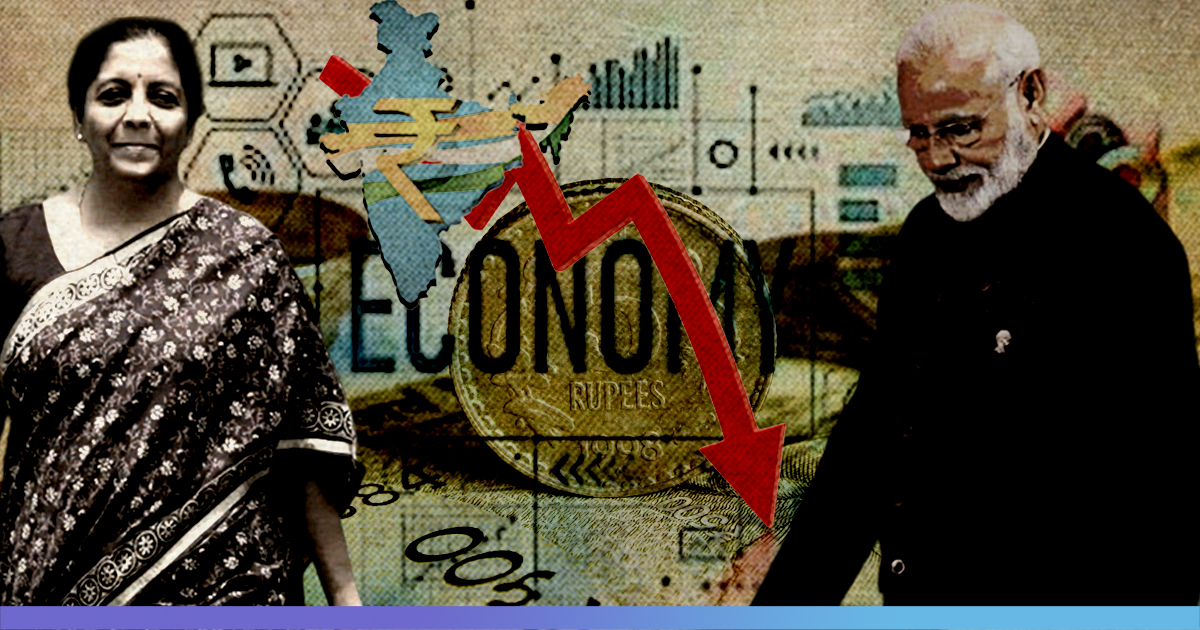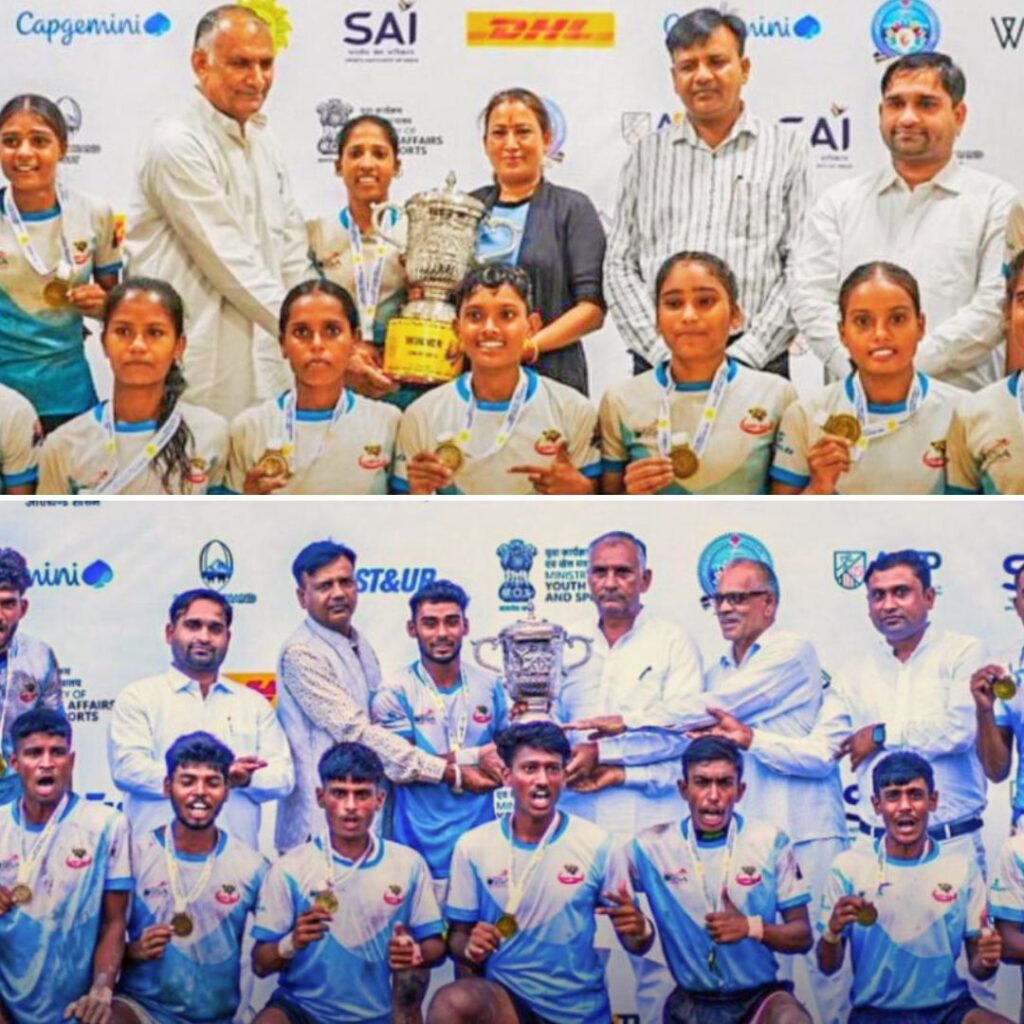A new law on Indian citizenship has diverted the focus away from a flagging economy, as protests and criticism build against the divisive plan.
The GDP growth for the September quarter slumped to a six-year low of about 4.5 per cent. The Narendra Modi-led BJP government, now in its second term, has faced flak for its failure to check the slowdown even when experts have urged for urgent economic reforms.
Ailing Economy, Falling GDP
The International Monetary Fund is all set to cut the growth estimate for India “significantly”, said IMF’s chief economist Gita Gopinath on Tuesday.
Several rating agencies have also reduced their growth forecast (of 5 per cent) for the Indian economy in FY20. A fall in consumption, lack of private investments and sluggish exports are being blamed for slower GDP growth.
India’s unemployment rate rose to a three-year high of 8.5 per cent in October from 7.2 per cent in September 2019. The last time India saw an unemployment rate of this extent was way back in August 2016, at 9.59 per cent.
Speaking to The Logical Indian, Economist Dr Joseph Rasquinha, said, “Many economists believe that the economy will revive in the coming 6-7 months. Whereas, others believe it might take up to 5-6 years. When I look at both, I understand a country like India will definitely recover because of our potential, resources and so much more.”
Fall In Exports
India’s merchandise exports dropped by 1.1 per cent in October, contracting for the third consecutive month. while the imports fell by 16.3 per cent, for the fifth consecutive month. The constant drop has to lead to a trade deficit of $11 billion, according to commerce ministry figures released on November 15.
Out of the 30 major items each in India’s export and import, 18 export items and 22 imported goods experienced contraction.
Industrial Production Shrinks
India’s industrial output contracted to 3.8 per cent in October for time according to the Index of Industrial Production (IIP) data released on December 12. The fall is attributed to poor performance by power, mining and manufacturing sectors.
Seventeen of the 23 industry groups in the manufacturing sector recorded negative growth in September 2019.
71-Month High Food Inflation
Food Inflation in India jumped to a 71 year high, increasing the wholesale price inflation (WPI) to 0.58% in November after decelerating for several months, as vegetable prices including onions picked up.
As a consequence of the 400 per cent rise in onion prices since March, the inflation in vegetables skyrocketed to 35.99 per cent from 26.10 per cent in October.
Economic Slowdown Neglected?
Amid all the unrest in the country, the government’s attention has been diverted from the immediate problems that the economy is facing.
The new contentious law “takes the focus away from important economic issues,” Prabhat Patnaik, an economist and a professor emeritus at the Jawaharlal Nehru University in New Delhi said. “The more you have disruptions to normal life, the more the impact on economy and production.”
“Cities like Bengaluru, Delhi, Mumbai are doing fairly well as they are not affected very soon. Whereas, the rural areas or smaller cities are slowing feeling the pressure. This highlights a disconnect between issues,” said Dr Joseph. He further added that the economic issues need to addressed first, everything else becomes irrelevant.
Government’s Measures
Less than a month ago, the Modi government was rolling out programs to boost economic growth that touched a six-year low of 4.5 per cent. The government announced the biggest privatisation drive of the decade, weeks after cutting corporate taxes that would cost the government $20 billion.
Finance Minister Nirmala Sitharaman told the Rajya Sabha on November 27 that growth may have slowed down but the economy will never slip into recession. “If you look at the economy with a discerning eye, you see that growth may have come down… but it is not a recession yet and won’t be a recession ever,” Sitharaman said.
“There is an economic slowdown. It is primarily due to structural issues. Two major changes have been undertaken in the economy: Demonetisation, which is a structural issue and GST. The last time such a major structural change was brought was when banks were nationalised,” Dr Joesph said.
“If its a structural change, you have to inform people and get them accustomed to it. You need to admit that the pain will continue for long. When India nationalised the banks, there was a lot of chaos. Loans, policies, disbursement everything changed and it took almost a decade to get back. Something like GST requires the same approach,” he added.
“No short term fix can revive the economy. It will in fact, just worsen the situation,” Dr Joesph told The Logical Indian.
Also Read: India Facing ‘Great Slowdown’, Economy Headed To ICU: Former CEA Arvind Subramanian











